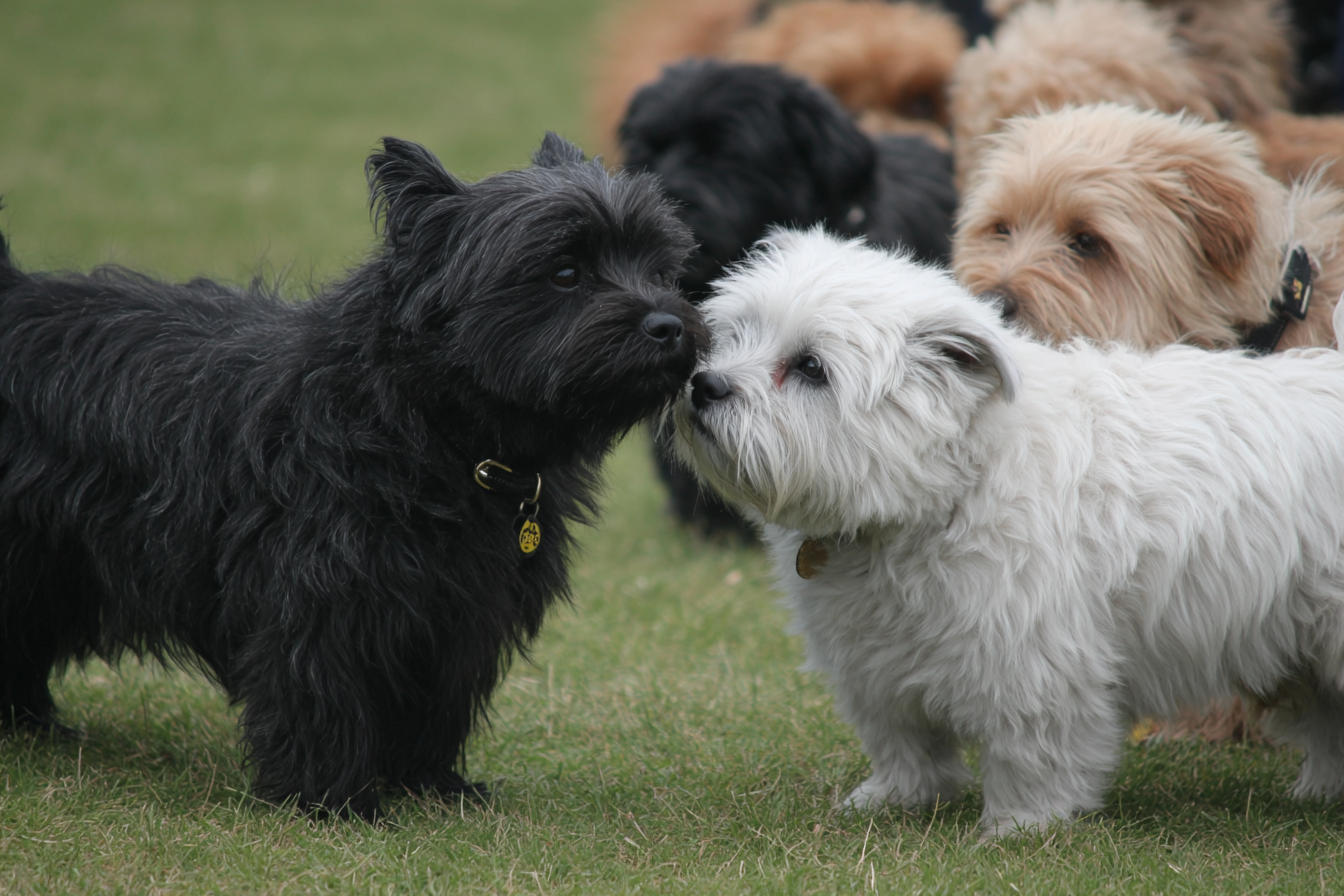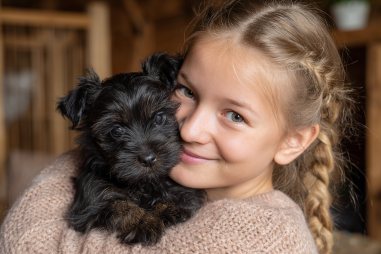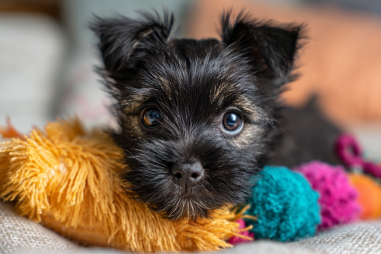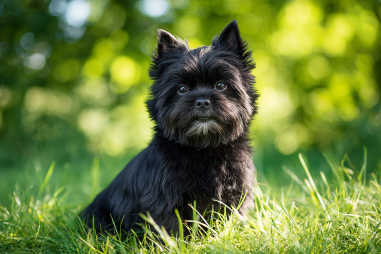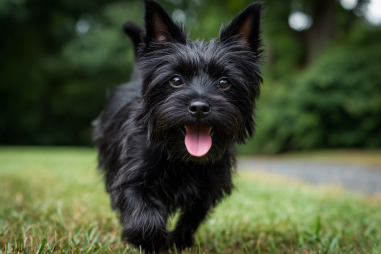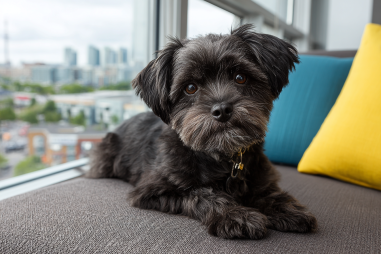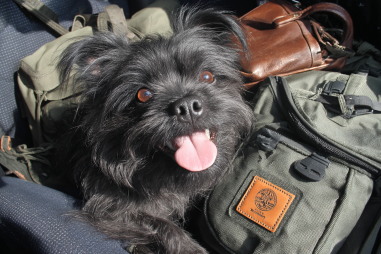Raising an Affenpinscher to be a friendly and confident companion begins with proper socialization. This small, spirited breed is known for its lively personality and strong-willed nature, which makes early and thoughtful social experiences essential. By thoughtfully introducing your Affenpinscher to different people, other animals, and various environments, you can help reduce anxiety, prevent aggression, and ensure a well-rounded adult dog who enjoys the world around them.
Why Socialization Is Crucial for Affenpinschers
Socialization plays a critical role in shaping an Affenpinscher’s temperament and behavior. Because of their alert and sometimes suspicious disposition, these dogs can be prone to wariness or defensive reactions if not properly introduced to new situations early on. Early socialization helps your Affenpinscher develop confidence, teaching them how to interpret and engage with people and other animals in a positive manner. It reduces fear-based behaviors like barking excessively, lunging, or snapping. Essentially, socialization helps your dog understand the world is a safe place, making them more relaxed, obedient, and enjoyable to be around.
Timing and Critical Development Periods
The timing of socialization matters a great deal. Puppies undergo crucial developmental phases, and the socialization window typically occurs between three and 14 weeks of age. During this period, Affenpinscher puppies are most open to new experiences and can form lasting positive associations with people, sounds, and other animals. Delaying socialization past this age can make acclimating much more difficult, requiring extra patience and effort.
That said, socialization isn’t just for puppies. While it is ideal to begin early, adult Affenpinschers benefit from ongoing exposure to new things and situations. Adults may take longer to adjust, but with consistent and gentle introduction, they can still learn to approach life with greater ease and security.
Introducing Your Affenpinscher to People, Animals, and Environments
Varied exposure is key to confident socialization. Start by allowing your Affenpinscher to interact with a wide range of people—children, men, women, and individuals wearing hats or uniforms—to help them become comfortable in any human presence. Controlled, calm introductions will help your dog build trust and reduce suspicion.
Similarly, socializing your Affenpinscher with other dogs and animals under supervised conditions allows them to learn appropriate social cues and reduces the chance of fear or reactive behavior. Puppy playdates, dog parks (once vaccinated), or obedience classes provide safe environments for these interactions.
Exposure to diverse environments—from busy streets and parks to quiet homes—helps your Affenpinscher decompress new sounds, sights, and smells. Taking short, positive trips to places your dog might encounter regularly will increase their adaptability and minimize stress during real-life outings.
Techniques to Encourage Positive Interactions
Using gentle encouragement and positive reinforcement is essential when socializing your Affenpinscher. Reward-based methods build confidence and make encounters something your dog actually looks forward to. Here are several effective techniques:
- Treats and Praise: Offer tasty treats and enthusiastic praise when your dog calmly approaches a new person or dog, reinforcing good behavior.
- Calm Body Language: Stay relaxed and avoid tense movements or loud voices to ensure your Affenpinscher feels safe and not overwhelmed.
- Short Sessions: Keep socialization sessions brief and positive, gradually increasing duration as your dog’s comfort grows.
- Gradual Exposure: Don’t rush introductions; start with quiet and controlled environments before moving on to busier settings.
- Use Toys: Bring a favorite toy to distract or comfort your Affenpinscher if they show early signs of anxiety.
Recognizing and Managing Fear or Aggression
Even with careful socialization, it’s important to be able to read your Affenpinscher’s body language and respond appropriately to signs of fear or aggression. Common signals of discomfort include growling, stiff posture, tucked tail, avoiding eye contact, or excessive barking. Addressing these signs early helps prevent escalation.
If your Affenpinscher exhibits fear or aggression, don’t force interaction. Instead:
- Remove the dog from the situation: Provide a safe, quiet space for them to regain composure.
- Take note of triggers: Identify which people, animals, or environments provoke fear or stress to plan gradual desensitization.
- Use counter-conditioning: Pairing the presence of a trigger with treats or play can help change the dog’s emotional response.
- Work with a professional: Consider consulting a veterinarian or certified behaviorist if aggression persists or worsens.
Patience and consistency are vital. Never punish fearful or aggressive behavior, as it can increase anxiety and damage trust.
Socialization Techniques for Adult Affenpinschers
Adult Affenpinschers can still learn to socialize well, but it requires more gradual and mindful effort. Because adult dogs have more established habits and fears, every new experience should be introduced slowly and positively. Here are some special considerations:
- Start with low-stress interactions, such as meeting calm, friendly dogs or quiet people in a controlled environment.
- Use familiar toys, treats, and a calm voice to provide comfort and assurance during new exposures.
- Keep sessions short and end on a positive note to build trust slowly over time.
- Maintain a regular routine to provide your dog with a sense of predictability and security.
- Enroll in adult dog socialization classes or training groups designed to support shy or reactive dogs.
With perseverance, many adult Affenpinschers become more relaxed, sociable, and ultimately happier companions.
Helping Your Affenpinscher Become a Friendly and Confident Dog
By prioritizing early and ongoing socialization, you give your Affenpinscher the tools to thrive in a variety of social situations. Remember that socialization is not a one-time event but a continuous process of exposing your dog to new, positive experiences—increasing their confidence, trust, and happiness. Whether you are working with a puppy or adult dog, patience, kindness, and consistency will pay off with a loyal, well-adjusted Affenpinscher who enjoys the company of people, pets, and the world around them.

